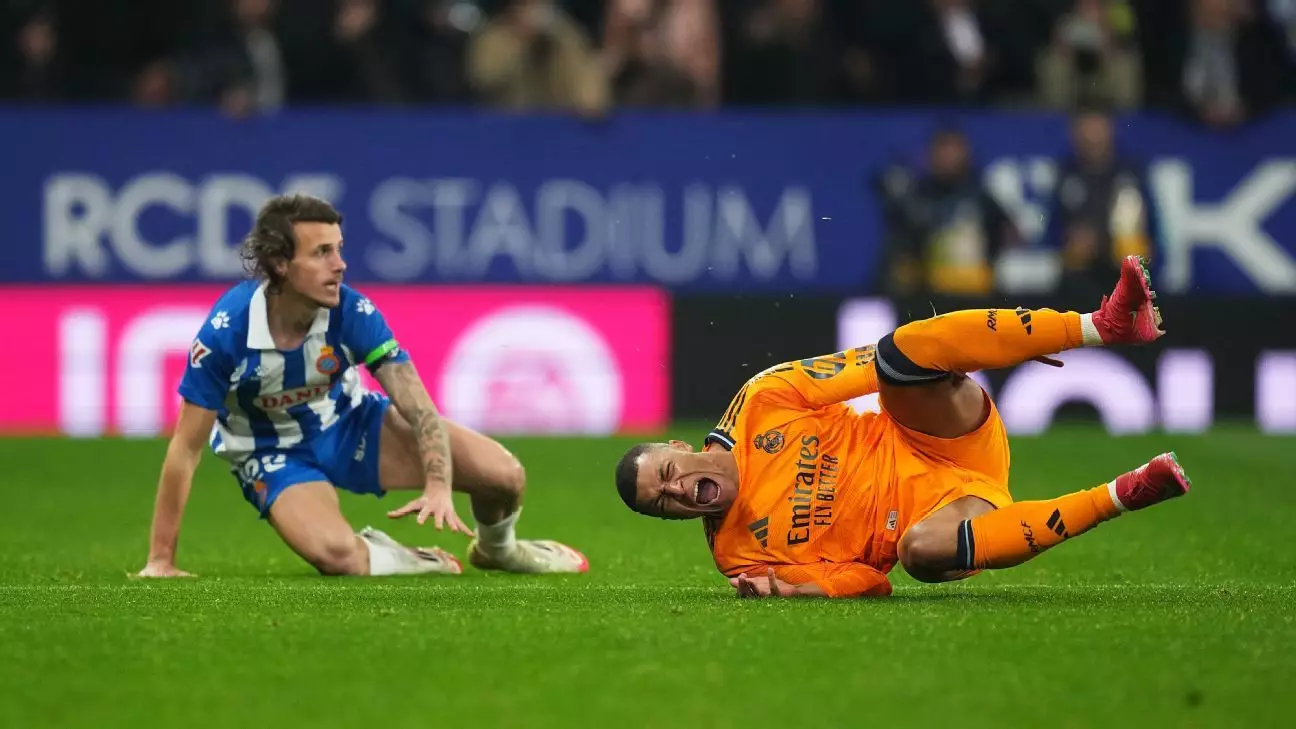In a decisive move, the Spanish Football Federation (RFEF) is embarking on a transformative journey in its officiating landscape. With the dismissal of key figures responsible for the Video Assistant Referee (VAR) and the Technical Committee of Referees, the RFEF signals a clear intent to reshape the future of refereeing in the nation. This sweeping change, which comes on the heels of increasing dissatisfaction among clubs regarding officiating standards, highlights the Federation’s recognition of the pressing need for reform.
The departure of Luis Medina Cantalejo, who had helmed the Technical Committee of Referees since late 2021, and Carlos Clos Gómez, previously responsible for overseeing VAR, marks more than just a personnel shake-up. This decision emphasizes the RFEF’s ambition to align with modern practices and address the evolving challenges faced by Spain’s football ecosystem. While the organization has expressed gratitude toward the outgoing leaders for their service, it is evident that the desire for change outweighs nostalgia for previous leadership.
Echoes of Discontent in the Football Community
The consensus among clubs has been far from favorable regarding officiating standards, with Real Madrid at the forefront of criticisms aimed at the refereeing process. Their vocal complaints have underscored a troubling narrative: that of “manipulation and adulteration” in officiating, raising serious questions about the integrity of the competition. Such allegations were notably amplified after a contentious defeat earlier this year, illustrating how dissatisfaction can manifest in broader issues of trust within the league.
This unrest is indicative of a systemic issue that demands urgent attention. Fans, clubs, and stakeholders alike have grown weary of controversial decisions that seem to have far-reaching consequences. The outgoing leadership’s inability to address these grievances must be examined, and the RFEF’s response appears to be motivated by the aim of restoring faith among all footballing entities in Spain.
The Necessity for Proactive Dialogue and Structural Change
With the formation of a reform group inclusive of representatives from various sectors of the football community, the RFEF is pursuing a more collaborative approach to governance. This assembly of diverse voices can bridge the gap between referees, clubs, and the Federation, producing a more inclusive strategy that reflects the needs of modern football. Implementing a model characterized by transparency and accountability is paramount in quelling the discontent that has brewed within the ranks of the sport.
The investigation surrounding the Negreira case serves as a stark reminder of the intertwined complexities of power, influence, and ethics in football. Allegations that suggest corruption at the highest levels only exacerbate the urgency of fundamental reforms. For the RFEF, addressing these issues is no longer a choice, but a necessity if they are to reclaim the trust of the footballing public.
Anticipating Change: What Lies Ahead
As the RFEF prepares to reveal its new structure for the Technical Committee of Referees, the expectation for profound change looms large. This pivotal moment could redefine the landscape of Spanish refereeing by creating a more efficient, modern framework tailored to the current demands of the sport. The forthcoming appointments will be critical in determining whether the RFEF can indeed navigate this turbulent period effectively and instill a renewed sense of confidence in officiating as it seeks to usher in a new era for Spanish football.

